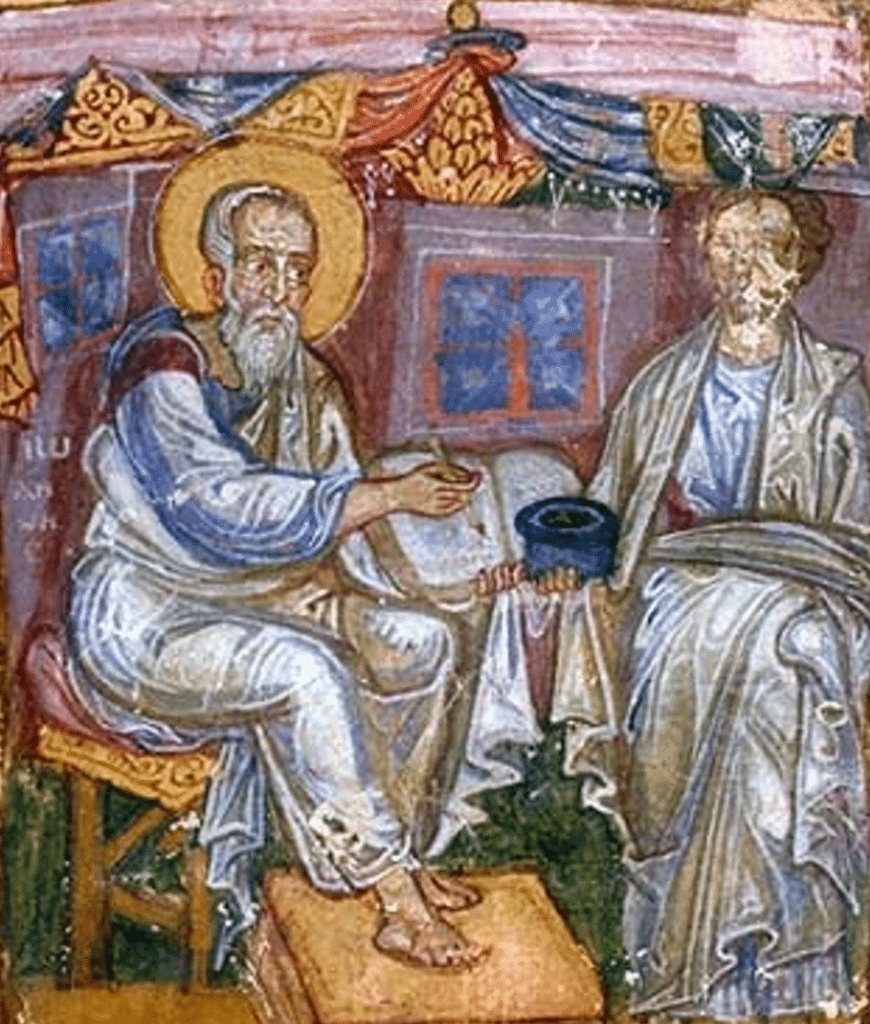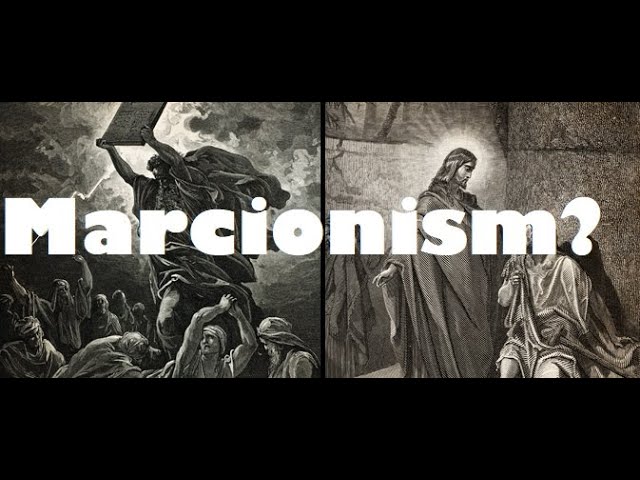The Heresies of Marcion

As I prepare for a series of messages at our church, I am studying the impact of Marcioism in the church today. I thought I would write and publish the articles here on our Online Bible Institute for anyone interested. As it solidified its doctrines and theology, the early Christian Church was challenged by numerous alternative teachings or heresies. One of the most significant of these was propounded by a figure named Marcion of Sinope, active in the 2nd century CE. His teachings have since been dubbed “Marcionism,” They posed such a profound threat to early orthodox Christianity that they precipitated more precise formulations of the Christian canon and creed.
Marcion’s Background and Teachings
Marcion was born in Sinope, Pontus, around the first decade of the 2nd century. He was a shipowner and likely prosperous. Around the mid-2nd century, he arrived in Rome, where he became associated with the Christian community. Marcion’s ideas diverged starkly from those of the early Christian orthodoxy.
Central to Marcion’s teaching was a radical distinction between the God of the Old Testament and the God of the New Testament. In Marcion’s view:
Dualistic Theology: He proposed two Gods – a wrathful, vengeful God of the Old Testament (whom he termed the Demiurge) and a loving, forgiving God revealed by Jesus in the New Testament.
Rejection of the Old Testament: Marcion outrightly rejected the Old Testament and its God. He viewed the material world, which he believed was created by the Demiurge, as intrinsically evil in opposition to the spiritual realm introduced by Jesus.
Redefining Scriptures: Given his rejection of the Old Testament, Marcion edited the Christian scriptures to fit his theology. He accepted only an abridged version of the Gospel of Luke and ten of Paul’s letters, which he believed were free from Jewish influences.
Denial of Jesus’ Material Existence: Emphasizing the fundamental evil of the material world, Marcion suggested that Jesus did not have a natural, fleshly body. Instead, he saw Jesus as a spiritual entity that appeared in human form.
Response from the Early Church
Marcion’s teachings drew the ire of the early Church fathers, who viewed them as sinful. Notably:
Canon Formation: Marcion’s selective use of the scriptures indirectly pushed the early Church to define a more fixed canon of Christian scriptures. While the canonization process took centuries to finalize, Marcion’s influence undeniably accelerated discussions about which texts were genuinely authoritative.
Theological Counterarguments: Church fathers like Tertullian and Justin Martyr wrote extensively against Marcion. They emphasized the unity of God’s nature and action throughout the Old and New Testaments and argued for their continuity.
Excommunication: By around 144 CE, Marcion was excommunicated from the Roman Christian community, indicating the Church’s firm stance against his teachings.
Legacy and Significance
While Marcionism was eventually condemned and declined as a movement within the Christian fold, its influence lingered:
Gnostic Ties: Marcion’s dualistic beliefs and view of the material world echoed elements of Gnosticism, a broader religious movement of the time. His teachings, therefore, can be seen as part of a larger tapestry of alternative Christianities competing for dominance.
Questions about God’s Nature: The challenge posed by Marcion forced the Church to reflect more deeply on the nature of God, the role of Jesus, and the relationship between the Old and New Testaments.
Modern Reflections: Today, some theologians revisit Marcion’s critiques, not to espouse his heresy, but to wrestle with the apparent differences in God’s character between the two Testaments.
The heresies of Marcion serve as a pivotal episode in the early Christian Church’s history. It tested the boundaries of orthodoxy and, in doing so, helped to shape the Christian canon and creed for centuries to come.
Steve Lawes is a Church Consultant and also provides coaching for pastors, churches, ministries and church planters.

